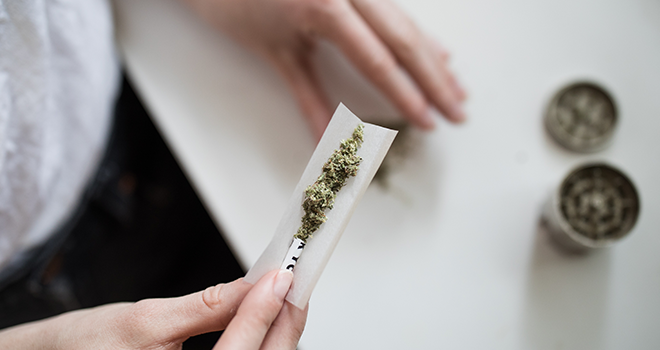Legalisation of usage of dagga – Currently more industry questions than answers
Lots of questions are being asked as a result of a recent Constitutional Court ruling that effectively legalised personal possession and usage of dagga.
- How will South Africa’s new marijuana laws change driving in the country?
- How will the traffic police enforce driving laws?
- What will the penalties be?
No matter what you call it …cannabis, marijuana, dagga, giggelgras, aaptwak, holy grass or weed …it will have an impact on all of us, even if we do not use it ourselves.
Let’s break down the facts and look at how the legalisation of dagga has impacted other countries. What can we learn from their statistics?
USA accident stats
According to new studies, there has been an increase of up to 6 percent in the number of highway crashes in four of the states where the recreational use of marijuana had been legalised.
Although the new reports do not prove that there’s a direct link to the use of marijuana among motorists, it does raise red flags, especially since there is no easy way to test drivers to be sure if they are, in fact, under the influence of the drug.
The studies further looked at police reports as well as insurance claims. It found that crashes rose between 5.2 percent and 6 percent in states where recreational marijuana is legal compared to neighbouring states where such use remained illegal. The biggest challenge is for regulators, law enforcement agencies, and medical authorities to determine when a driver might be operating under the influence of marijuana.
The studies do, however, mention that the role of marijuana in these accidents isn’t clear, as drivers who test positive for drugs are often found with alcohol in their blood system as well.
Have the insurance rates of marijuana users increased elsewhere?
Not yet. Although no insurer has said what they plan to do, it was noted that in states where marijuana use has been legalised, there had been no increase in car insurance rates. However, what does impact insurance rates is driving convictions. If you are found guilty of driving under the influence it will result in your car insurance premiums increasing.
A recent news article indicated that Canadian drivers are likely to see more roadside tests conducted by the police, and that some insurers will start to ask whether drivers smoke cannabis when they apply for insurance products.
What will the impact be in South Africa?
Rhys Evans, director at ALCO-Safe, suppliers of drug and alcohol testing equipment says that there are a number of concerns and questions around regulation and control that still need to be addressed – particularly when it comes to road safety.
Regardless of the actual procedure, Evans also advised that it is critical for relevant governing bodies to be proactive in formulating regulations, limits and testing requirements well ahead of legalisation.
“It is likely that legalisation of marijuana will only increase the number of active users driving a vehicle while under the influence. Until regulations are in place, however, it will be extremely difficult if not impossible to prove actual intoxication and there will be little to stop these drivers from taking to our roads,” he said.
What will the impact of marijuana be on the insurance industry?
Consumers are asking: “Will my insurance premium increase?”
Insurers are asking: “Should we reword policies?”
With regards to the impact on insurance, Ernest North, co-founder at AI-based car insurance business Naked, recently shared with WomenOnWheels readers that South African car insurance companies will need to relook the wording of their policies. Most clauses state that drivers will not be covered if they are under the influence of alcohol or drugs at the time of an accident. The question is, however: how this will be determined?
“Blood tests can reveal recent usage, but there is no definitive way to show that a person has had a level of exposure that would affect his or her judgement at the time of an accident,” North said. Driving under the effects of marijuana is therefore difficult to prove in relation to driving under the influence of alcohol where a breathalyser or blood test can be used.
Another factor is that it’s not just today’s smoke that can be picked up in your system as weed is detectable in urine for the following amounts of time after last use:
- Occasional users (up to three times a week): 3 days
- Moderate users (four times a week): 5 to 7 days
- Chronic users (daily): 10 to 15 days
- Chronic heavy users (multiple times a day): more than 30 days
(Source: www.healthline.com)
Other questions include:
- Do clients declare upfront that they are dagga smokers, and how will this impact on their premiums?
- Could failure to declare this upfront lead to repudiation of claims?
- Will using dagga oil for medical purposes be dealt differently to smoking for leisure?
There is an old joke which goes: Why drink and drive when you can smoke and fly? This has suddenly taken on a much grimmer meaning.
Click here to read the WOW article.
Click here to read the Businesstech article.



